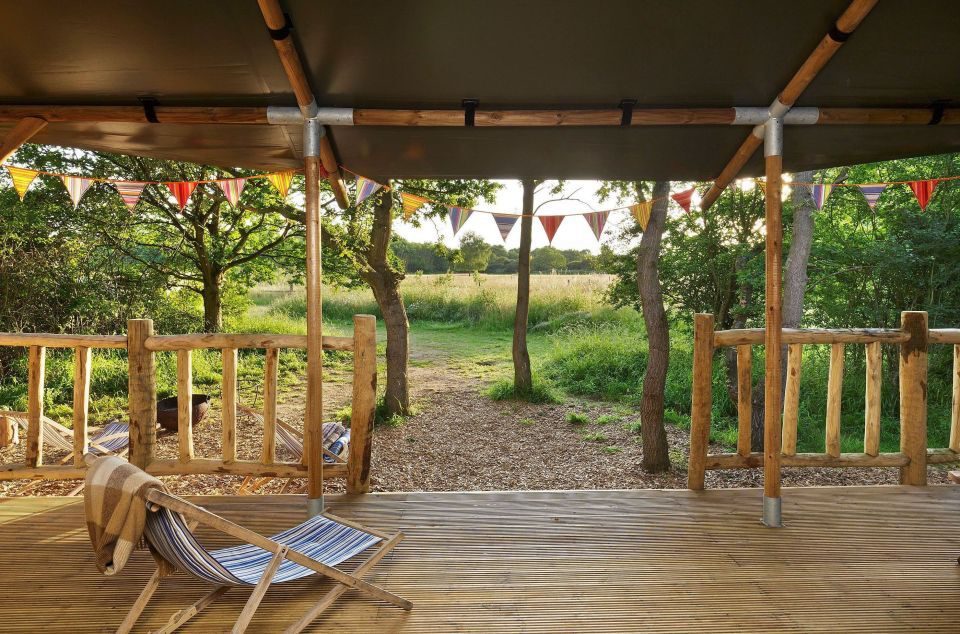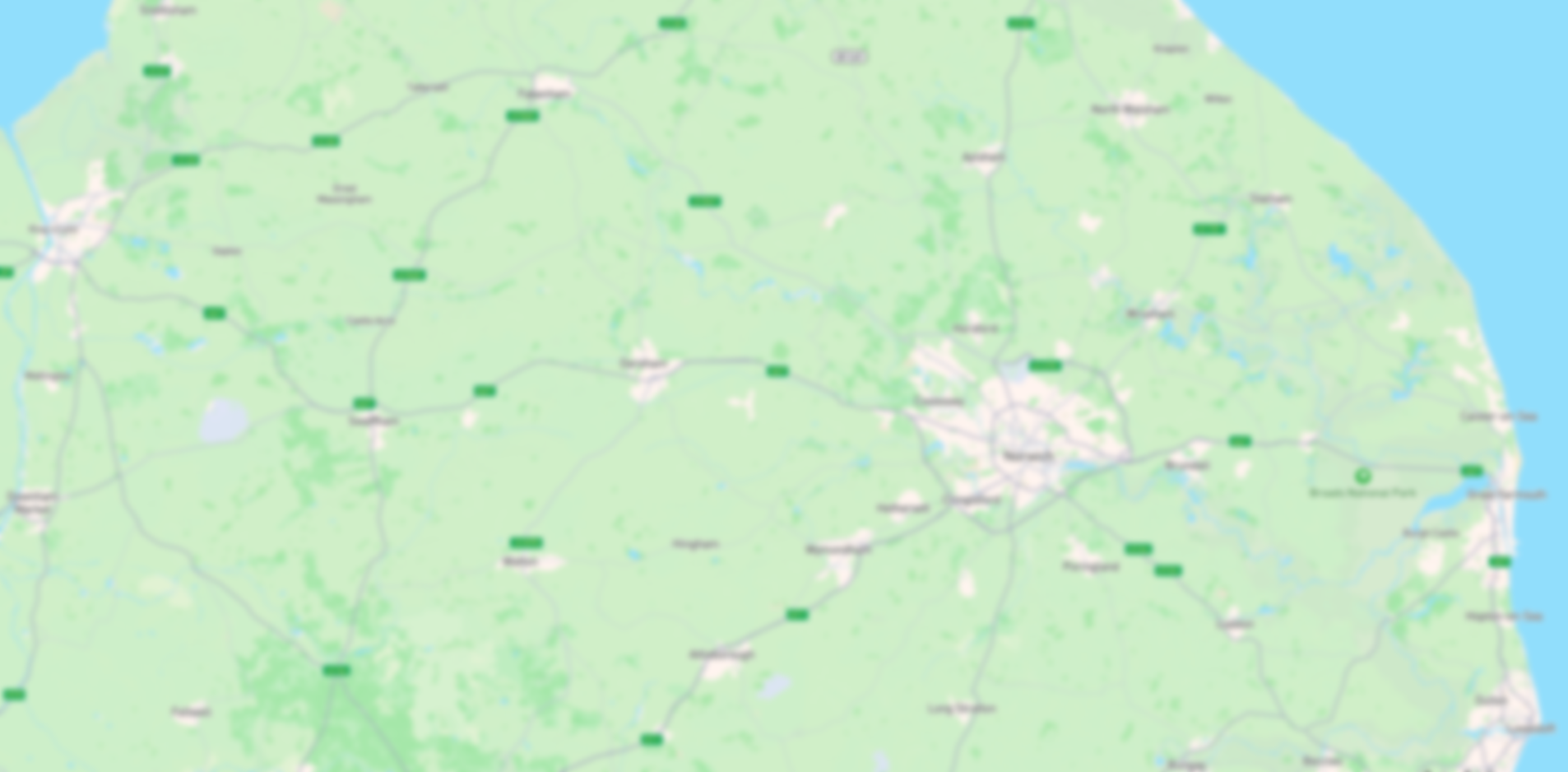- Home
- Business Directory

_Businesses
East of England business directory
Use our business directory to explore tourism businesses across Norfolk and Suffolk in one place. Browse by category to discover accommodation, attractions, food and drink, tours, activities and more, then use filters to narrow your search by what matters to you. Each listing includes practical information such as location, facilities, accessibility details and how to book or get in touch, helping you compare options and plan with confidence. Whether you’re shaping a weekend break, planning East of England holidays or looking for something nearby, this directory makes it easy to find the right places, save favourites and follow through for the latest details.
_ Featured Businesses
Swipe to see more items
All Businesses


NWT East Wretham Heath
NWT East Wretham Heath was purchased by the Trust at the start of the Second World War, making it…

Castle Acre Priory
Explore one of the largest and best preserved monastic sites in England dating back to 1090.

Norfolk Paddle Adventure
Paddleboarding and Paddlesport provider in East Anglia. Paddle UK Coach and Coastal Leader

Wroxham Barns Family Camping & Glamping
Camp or glamp in comfort at Wroxham Barns, a family-friendly base for countryside stays, farmyard…

The Kelling Estate
Escape the hustle and bustle of daily life, whether it be sandy beaches or strolls in the nearby…

Secret Meadows
Secret Meadows is set at a beautiful nature reserve with a variety of stylish glamping…


The Links Country Park Hotel
Stunning views over the sea in one direction and rolling hills in the other.





